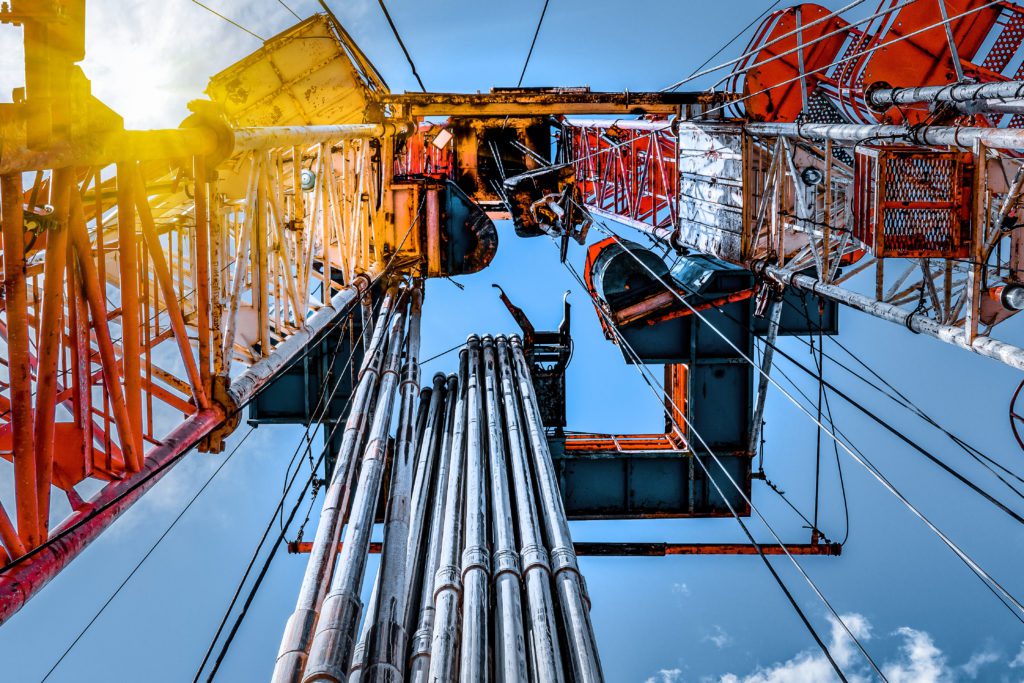In describing the difficulties in modeling complex short-term weather patterns, the mathematician Edward Lorenz in 1972 quipped that the flap of a butterfly’s wings in Brazil could cause a tornado in Texas. The Butterfly Effect is a founding principle of Chaos Theory – the idea that some systems have a highly sensitive dependence on seemingly minute, random, and unpredictable fluctuations.
What has transpired in the last few weeks with supplies of both oil and natural gas has been described by many analysts as a “perfect storm”. Natural gas prices have spiked up to above $5 / MMBTU in the US and (wait for it) $24 / MMBTU in Europe. Meanwhile, oil prices (WTI Crude) have spiked from about $40 / bbl a year ago to over $75 / bbl today.
What has caused this so-called perfect storm? Let’s start with natural gas. Here are a few factors that you can choose from to explain why European natural gas prices have quadrupled in a matter of weeks (select all that apply):
· Increased demand of gas in mainland Asia which is largely supplied from Russia
· Lower than expected wind power output in continental Europe
· Reduced storage stockpiles from last winter
· A fire at the Novy Urengoy facility in western Siberia
· Increased demand for LNG in various parts of the world, buttressing prices of anything with “NG” in the name
A very cynical person somewhere (certainly not this writer) has also suggested that the decrease in supply from Russia just happens to coincide with the imminent startup of the controversial Nordstream 2 pipeline – Hey Europe, don’t let your bureaucrats delay the grand opening of the pipeline…you really need this gas. Right now!
For oil, the perfect storm is a bit more mundane. The world economy is coming alive and OPEC+ hasn’t increased production. Boring.
But was this storm caused by some obscure butterfly blithely flapping its wings and now, aw shucks, we just have this doggone crisis-y scenario upon us and there’s just nothing we could have done to see this darn thing coming? (Insert the phrase “well fiddle-dee-dee” into the prior sentence wherever you’d like.)
Not at all. To be sure, while American consumers are going to feel the pinch from natural gas prices, it is a fraction of the pain that Europeans are going to feel. Whatever the case, this is a product of the western world not controlling its own destiny when it comes to energy.
Russia might ship more product to Asia. They may have a plant outage. LNG suppliers (some of which are American) may direct their ships to higher bidders. The wind just may not blow exactly where we want it to exactly when we want it in exactly the direction it’s supposed to (you could say one energy source has “gone with the wind”, but I digress).
An energy policy built around the assumption that alternative forms of energy will just magically appear overnight and save us is once again proving to be naïve and short-sighted. When regular consumers are looking at their bloated energy bills this winter, this naivety will manifest itself in the form of difficult decisions for energy consumers. What do I now not spend money on so I can afford to keep my family warm?
On the oil front, the good news is that our president is taking action. By action, I mean begging. Please, please, OPEC+, please send us more oil in time for Christmas. Our leadership has been reduced to an Oliver Twist-like stature: “Please sir, I want some more.” To be sure, it’s not a Democrat thing – pleading with countries with whom we have otherwise adversarial relationships to keep our economy afloat has been a strange source of bipartisan unity.
A Chaos Theorist would reject the notion that what’s currently happening is a result of a mathematically chaotic system. It is the opposite. This one is highly predictable.
What are the fundamental underlying causes? Select all that apply:
· The western world is too dependent on sources of energy it doesn’t control
To quote someone (I can’t remember who) from Battlestar Galactica: “It has happened before, and it will happen again.”
In this case, it is not a prophecy. It is a certainty that there are many energy-related butterflies in many places that will keep flapping their energy-supply-disrupting wings.
This isn’t the perfect storm, it is a perfect storm – merely a portent of worse to come.



Great stuff, Clayton. “The western world is too dependent on sources of energy it doesn’t control” – it certainly doesn’t have to be this way.
If you were in this industry during the Obama presidency, this is the least surprising trend to predict. It’s all the same people only version 2.0